Freedom between the white lines
In the land of First Amendment rights and diesel-fueled independence, what is freedom — if it stops at the border of language, gender, or caste?
.png) Representative Image. / Courtesy - Harpreet Sandhu
Representative Image. / Courtesy - Harpreet Sandhu
For Harpreet, the dream began in the movie theaters of Simla, watching White Line Fever and Smokie and the Bandit in the late 1970s. He was already riding bikes and tractors, but the call of big open skies and the country with the longest network of roads was overpowering. A decade later, he made it to the East Coast, working his way from a cousin's gas station to owning a truck and living the dream.
'The Punjabi truckers have grown enormously in the last 35 years. I recall meeting another Punjabi occasionally, today you meet one every day. Now, with nearly 20% of truckers in the USA being Punjabi, you are likely to see slogans like
Made in Punjab, Paid in USA or Red, White and Turbaned,
Freedom in Miles- Roots in Punjab, American Visa, Punjabi attitude on their chrome big rig.
The music floating inside their cabins reflects the moods of their tribe back home and rings just as true for them. Perhaps the most iconic singer has been Moosewala, whose lyrics resonate the most as they touch upon the pride, the struggles, identity, masculine swagger and independence of life on the road.
"Selfmade jatt, kisi de kehnde te nai bane…"
(I'm self-made, didn't become this on anyone's say…)
"Ni so high chalda, jatt da muqaabla ae…" (I walk so high, no one can match me…)
"Truck ch baih ke gallan karuga…" (I'll talk while sitting in my truck…)
The view could be a sunset over Bakersfield, but the lyrics ground them to their roots.
The stories from Doaba to Dallas are tales of freedom. The escape from social surveillance back home, listening to new music, rethinking religion, questioning norms and living by what is comfortable within. The freedom to carry symbols of faith, wear unshorn hair or turbans to speak out or protest for farmers' injustices in 2021-2022 Gurudwaras are widespread and apart from feeding them Langars, they are involved in trucker welfare.
Harpreet was told by an old-time trucker when he first arrived: You may not be rich, but you will certainly own a home and live comfortably. He made that happen within a decade.
Financial independence is assured even if there are educational lacunae- truckers need a small English vocabulary to get by. There is a Trucker English made of short commands- Back dock, Drop trailer, Scale ticket, Rolling empty, often mixing them up with Punjabi - "Broker kehnda wait karo, lumper payment pending." In recent times, dispatchers, brokers and safety trainers speak Punjabi, making the Singhs kings of the road. Most have the opportunity to grow a family and pay off mortgages. Most own their trucks, many have multiple, and run companies.
Yet, for all the chrome-plated pride and the wide-open roads, not everything left behind in Punjab stayed there.
What the truck carries is not just freight — but memory, custom, and sometimes the quiet weight of old hierarchies.
In these cabins of independence, caste still whispers.
At dhabas off I-80, men still joke about keeping women "in their place." Mental health isn't talked about, and vulnerability rides shotgun in silence.
Yes, the diaspora has found material freedom — but what kind of freedom is it, if a daughter is still discouraged from driving a truck, if a marriage outside the caste would bring shame, if a brother with a different last name is quietly excluded from a contract?
In the land of First Amendment rights and diesel-fueled independence, what is freedom — if it stops at the border of language, gender, or caste?
Harpreet has begun to notice these contradictions too — in the silences during family WhatsApp calls, in the way his son hesitates before speaking Punjabi, or in the discomfort he feels when younger drivers challenge traditions he took for granted.
His son, born in Ohio and raised on both Gurbani and Drake, recently asked why their family still avoids certain surnames when arranging marriages. Harpreet had no answer that felt honest. "Bas aida hi hunda aa," he had said at the time — That's just how it is. But even as he said it, he felt the words shrinking in his mouth.
There's a quiet reckoning underway. The new generation of Punjabi-Americans is growing up in classrooms that talk about race, gender, mental health, and caste — things the dhaba booths still treat as impolite conversation. They're fluent in more than Trucker English; they speak a language of questions.
Some daughters want to drive. Some sons don't want to marry women. Some don't believe in the same God.
And in all this, there's a deeper test of freedom — not just the ability to make money or speak your mother tongue in a dispatch office, but the courage to confront what you inherited, and the grace to change it.
Maybe freedom isn't just between the white lines of American highways — maybe it's in the unpaved, internal roads we're only now beginning to travel.
The trucks keep moving — from Doaba to Dallas, from Bakersfield sunsets to Midwest winters — guided by GPS, muscle memory, and the quiet rituals of routine. Harpreet still loves the road: the hum of the engine, the solitude, the sense that he's going somewhere. But now, when he looks ahead through the windshield, freedom doesn't look quite the same. It's not just about ownership or distance. It's about who gets to feel safe speaking up. Who gets to ride alongside? And what old weight we're finally ready to unload.
Because real freedom — the kind that lasts beyond the white lines — might begin not with a visa or a paycheck, but with the questions we're brave enough to ask each other in the driver's seat.
The author has published The Bollywood Cookbook, which was written on food and travel for Elle and Namaste magazines.
(The views and opinions expressed in this article are those of the author and do not necessarily reflect the official policy or position of India Abroad)
ADVERTISEMENT
ADVERTISEMENT
E Paper
Video




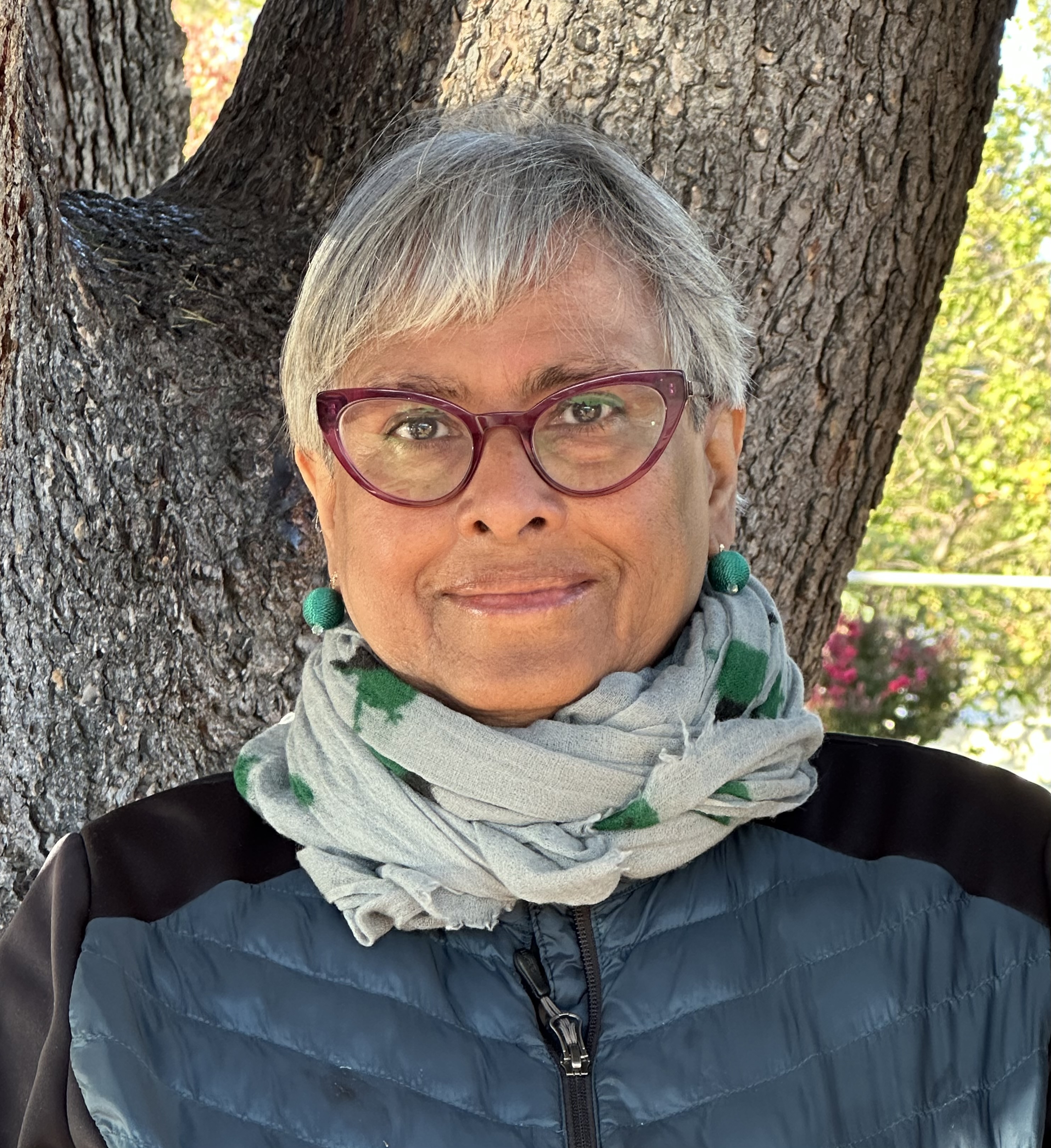 Bulbul Mankani Dasanjh
Bulbul Mankani Dasanjh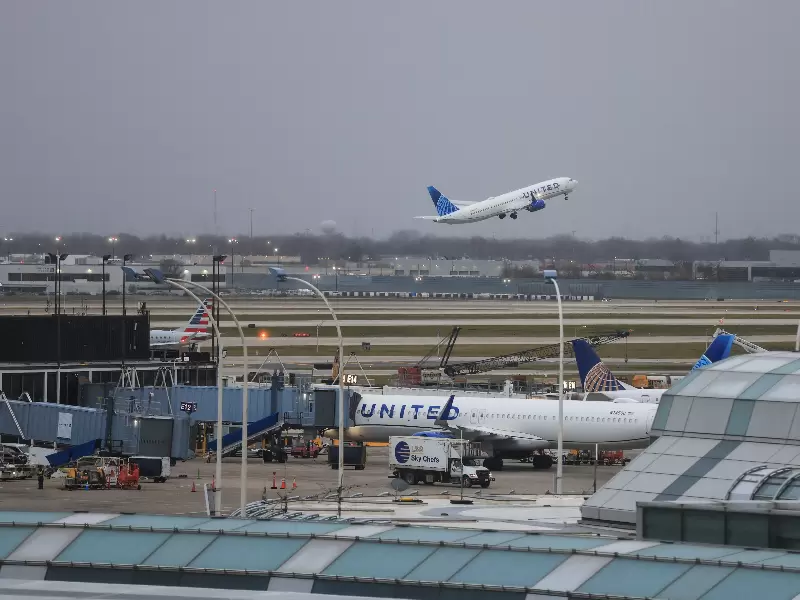
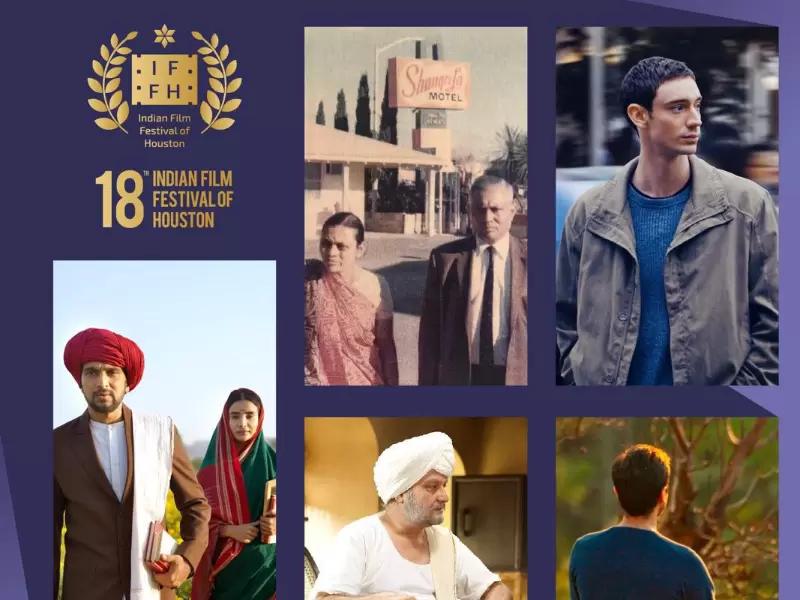
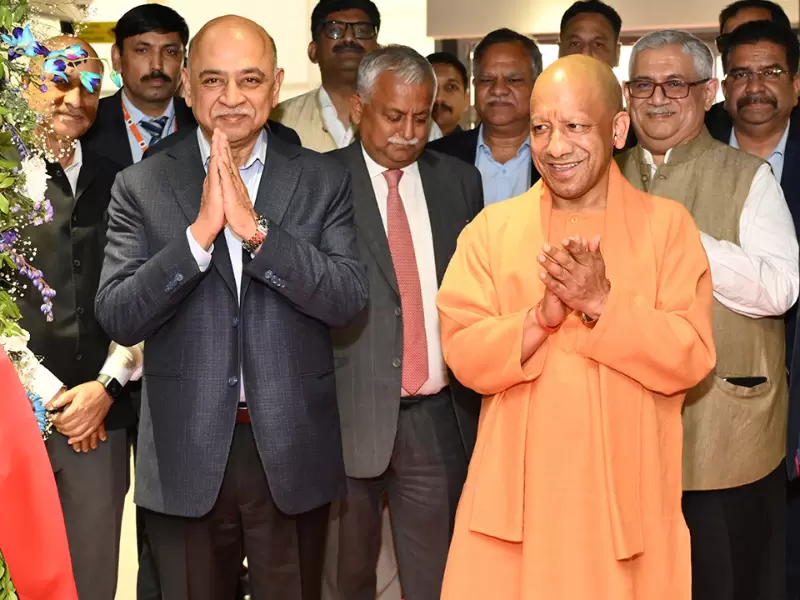
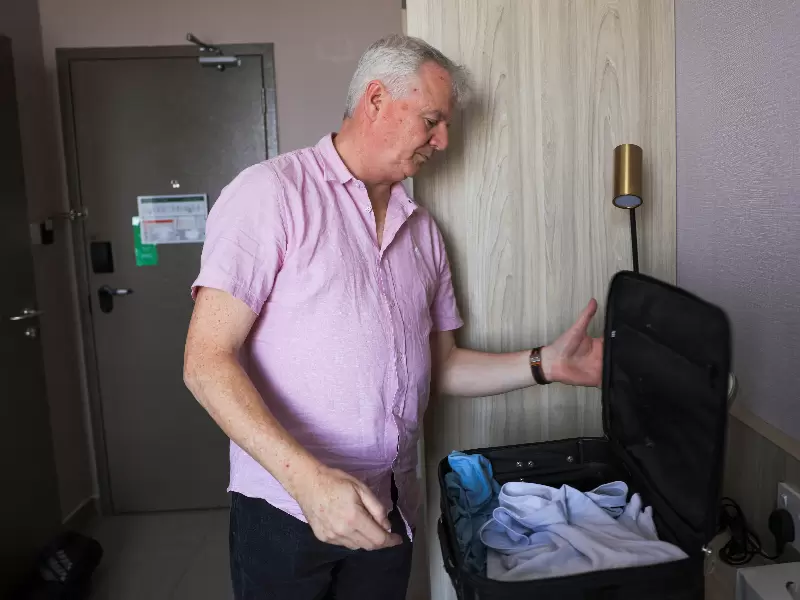
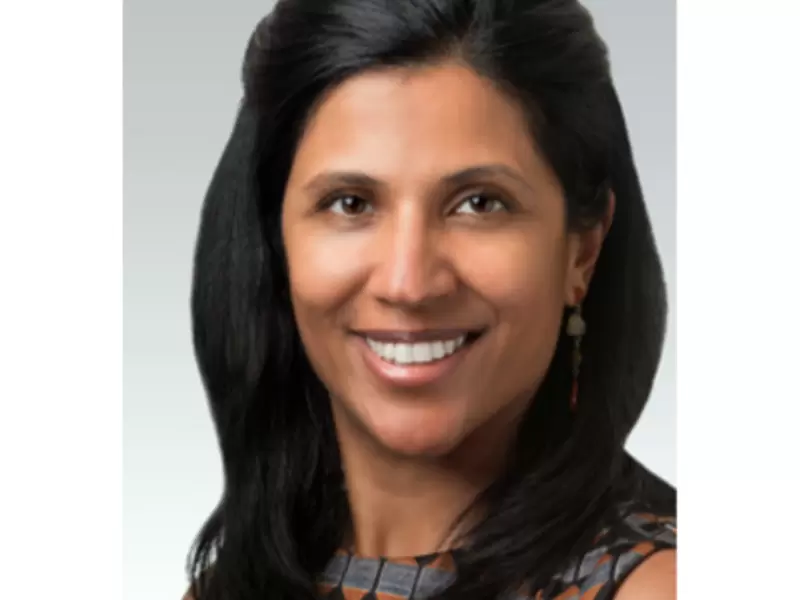
.JPG)
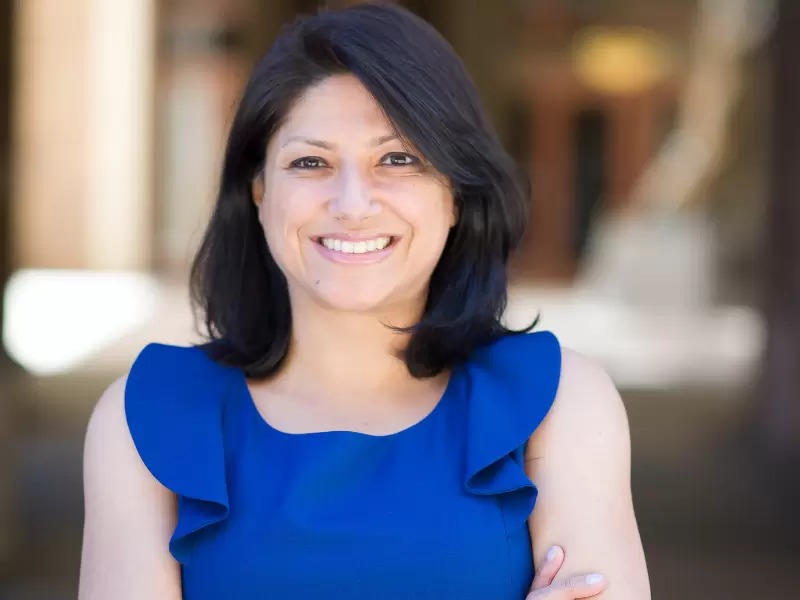
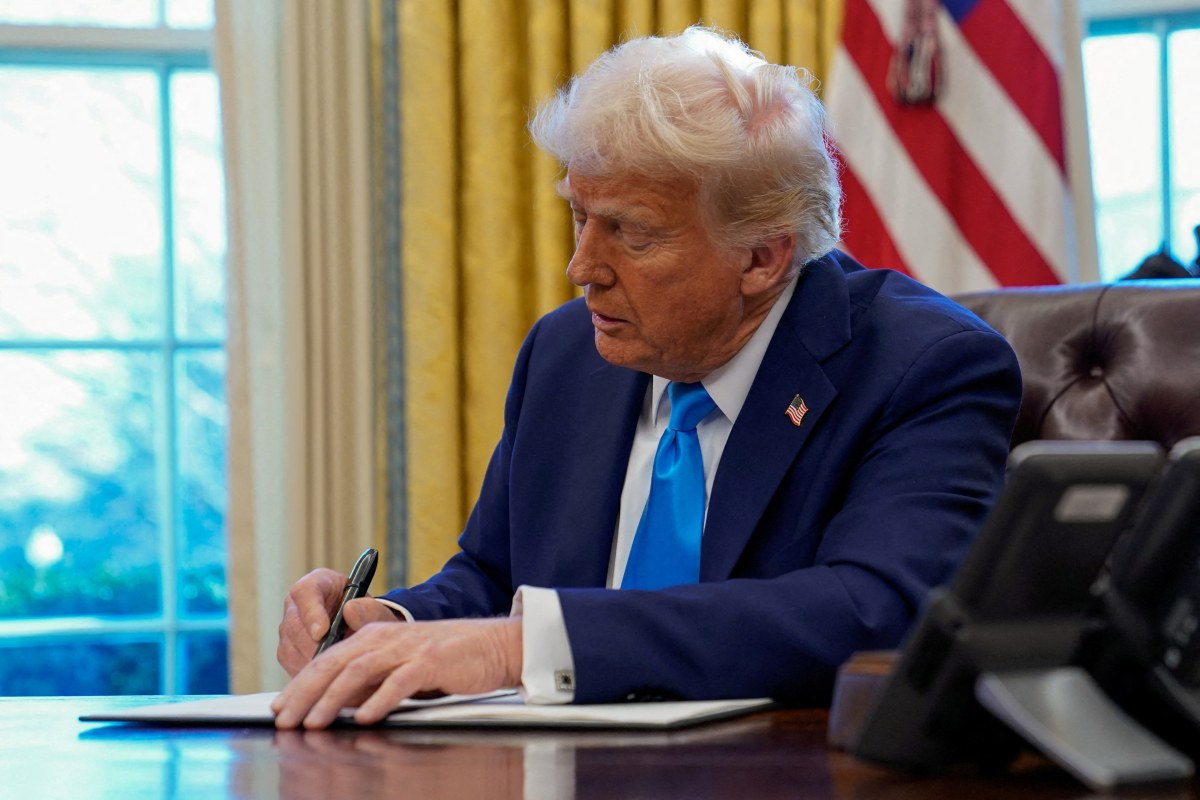
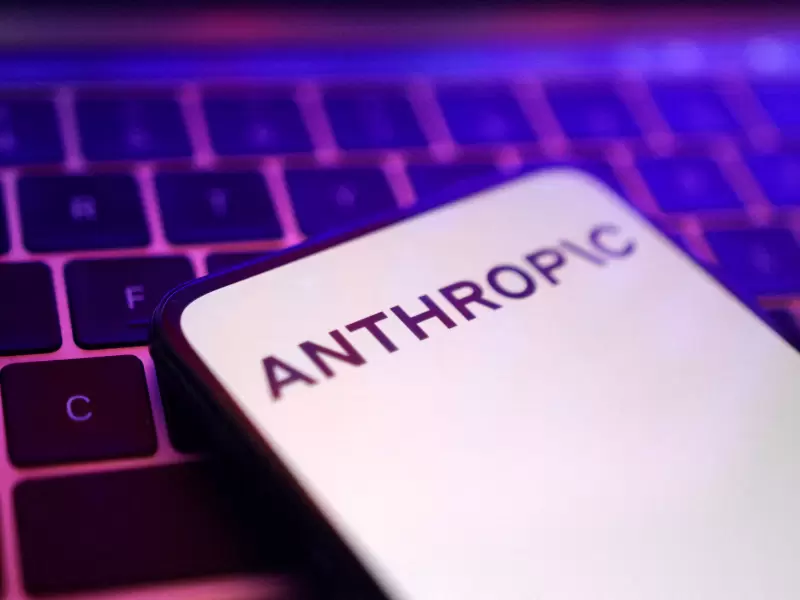
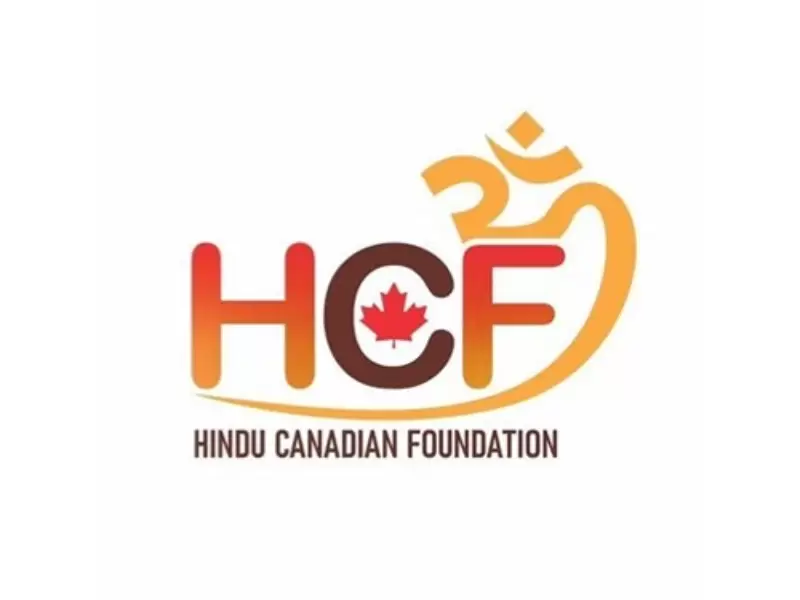
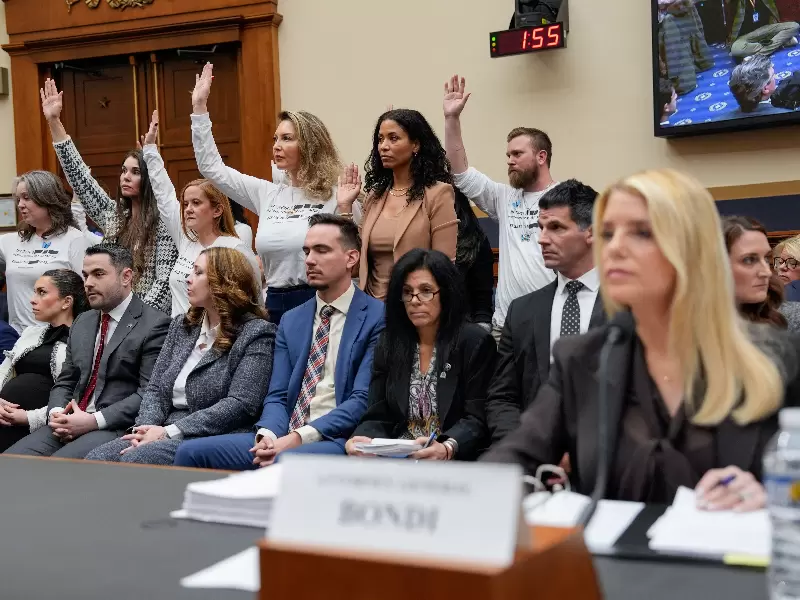
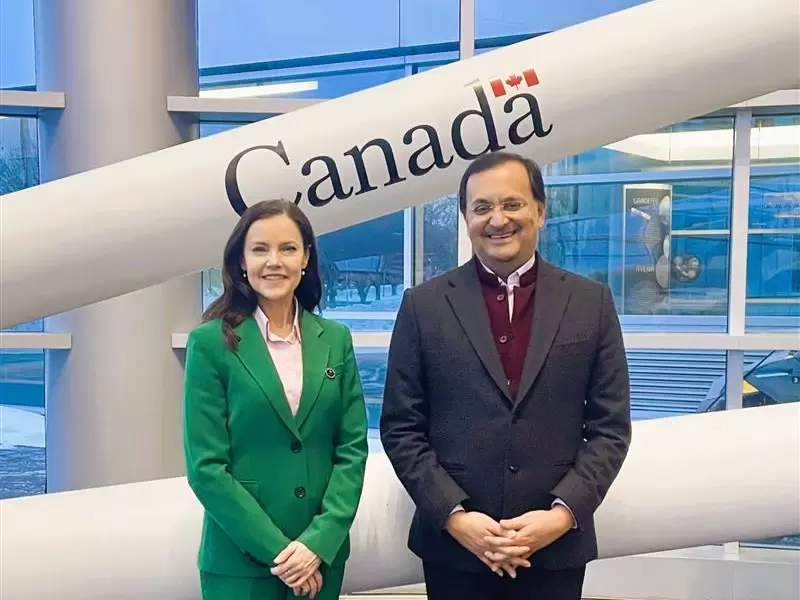


Comments
Start the conversation
Become a member of New India Abroad to start commenting.
Sign Up Now
Already have an account? Login